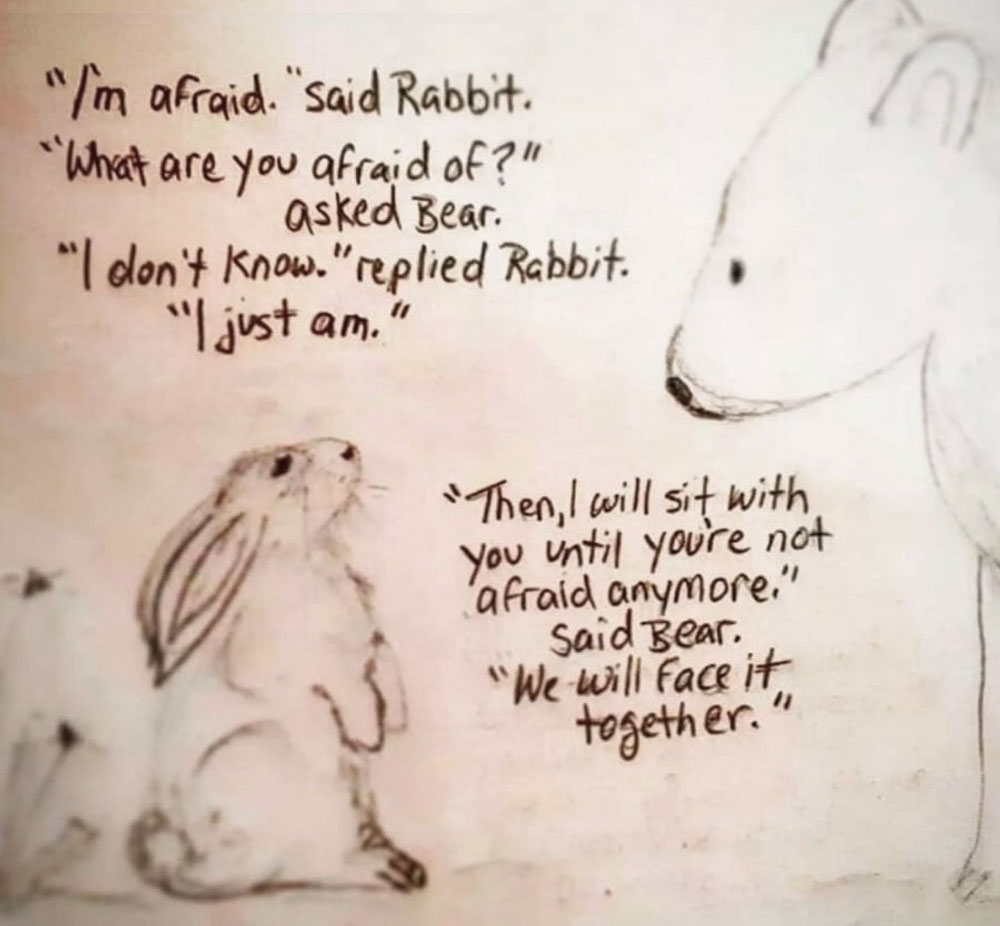Family / Blended Family Counselling
Though families can look a thousand different ways, the importance of family itself is something we all have in common. Our family's influence reaches deep into each of us - for better or worse - affecting who we are, how we see the world, our relationships with others and our long term quality of life.
What is Family Therapy?
Family therapy (also referred to as couple and family therapy, marriage and family therapy, family systems therapy, and family counselling) is a specialized form of psychotherapy designed to address specific, concrete issues affecting the overall health and functioning of the family unit. This can be any group of people who play a significant, long-term personal role in one another's lives, and is not limited to blood relatives, or even family members in the same household.
Family counselling recognizes and emphasizes family relationships as an important factor in psychological health, with patterns of interaction and relationships between family members being the primary focus for positive change. What this means is we tend to view problems in the context of interpersonal patterns or systems that need adjusting, rather than viewing problems as residing within the person.
In working with us, you'll be engaging an impartial expert in helping all of you to cohesively recognize, manage, and reconcile issues that are causing stress and dysfunction in your family.
Why Family Therapy?
Families who seek therapy all have at least one major thing in common: the wellbeing of their family matters to them. We know your family is important to you, and it's worth the proper care and attention needed to make sure it's healthy.
When we're under stress, especially at home, it can be difficult to see your situation and the patterns you're stuck in objectively. Even in the best of conditions, it can be a significant challenge to find a path to a place you can't quite see clearly, and don't know how to find. You're here because you want things to be better; helping you find and navigate your way to that outcome - whatever it looks like for you - is what we do.
Family therapy will help you gain a better understanding of how each of you relates, feels, and functions within the family unit. It opens up lines of communication in place of what may have previously been roadblocks, and fosters intimacy, compassion, and better connection. That said, this is a solution-focused form of therapy. We will help you make your own decisions about what to change, workshop different possibilities for how to go about making those changes, and support you through the process of actually following through.
What Family Counselling Looks Like
The family therapists at ALCG are professionally trained, certified, experienced and objective experts on guiding families through this process. Every family is unique, so your process and eventual course of action will be unique to you and your situation.
We generally try to meet with all family members affected by the problem at the same time, wherever possible. This allows us (and you) to observe and recognize the different ways each family member perceives the issues at hand, as well as the patterns each of you displays for interacting with other family members. It also ensures everyone has a voice and an active role, and therefore a sense of personal investment and agency in the process. Of course, this isn't always possible (or in some cases, necessary). We work with you to come up with the best possible plan given your specific circumstances.
Your first session is typically an opportunity for your therapist to get to know you, to learn about the challenges your family is facing and how you each see them, and to discuss your goals and any major obstacles. Remember we're here to help - not judge - so try not to be nervous. The more open and authentic you are in your therapy sessions, the more you'll all get out of it.
The Issues Families Bring to Therapy
People seek out family therapy for many, many different reasons, just a few of which include:
- Improving communication and reducing conflict
- A child having problems (e.g., behavioural, school, drugs, bullies, disordered eating)
- Supporting the family through a family member's struggles
- Coping with a family member's medical / mental health issues
- Domestic violence / abuse in the family
- Loss of a family member
- Divorce
- Moving to a new city
- Step-parenting
- Co-parenting and blending families
- Parent, child, or parent/child conflict
- Adjusting to a new family member
- Foster children, adopted children, sibling conflicts
- Trauma or any major changes impacting the family
- Coping with a family member's incarceration
- Any other issues within the family that impact the quality of life for its members
Unique Challenges for Blended Families
Blended families (also sometimes called stepfamilies, reconstituted families, complex families or "bonus" families) are one of the most common groups we tend to see. These are families where two people and one of both of their children from previous relationships blend to form a new family unit. These families face a set of fairly specific challenges, including conflict over differing parenting and discipline styles, the development of new relationships and adjusting to new roles, strong emotions on all sides, sharing and owning space, finding balance in the home, visitation and complex issues with the other parents, and helping children to adjust and feel comfortable within their new family structure.
Whatever your reason, families who seek therapy have recognized that something needs to be better, and have decided to be proactive about making it happen. This is a very good thing, and it's something we'd be honoured to help you with.
